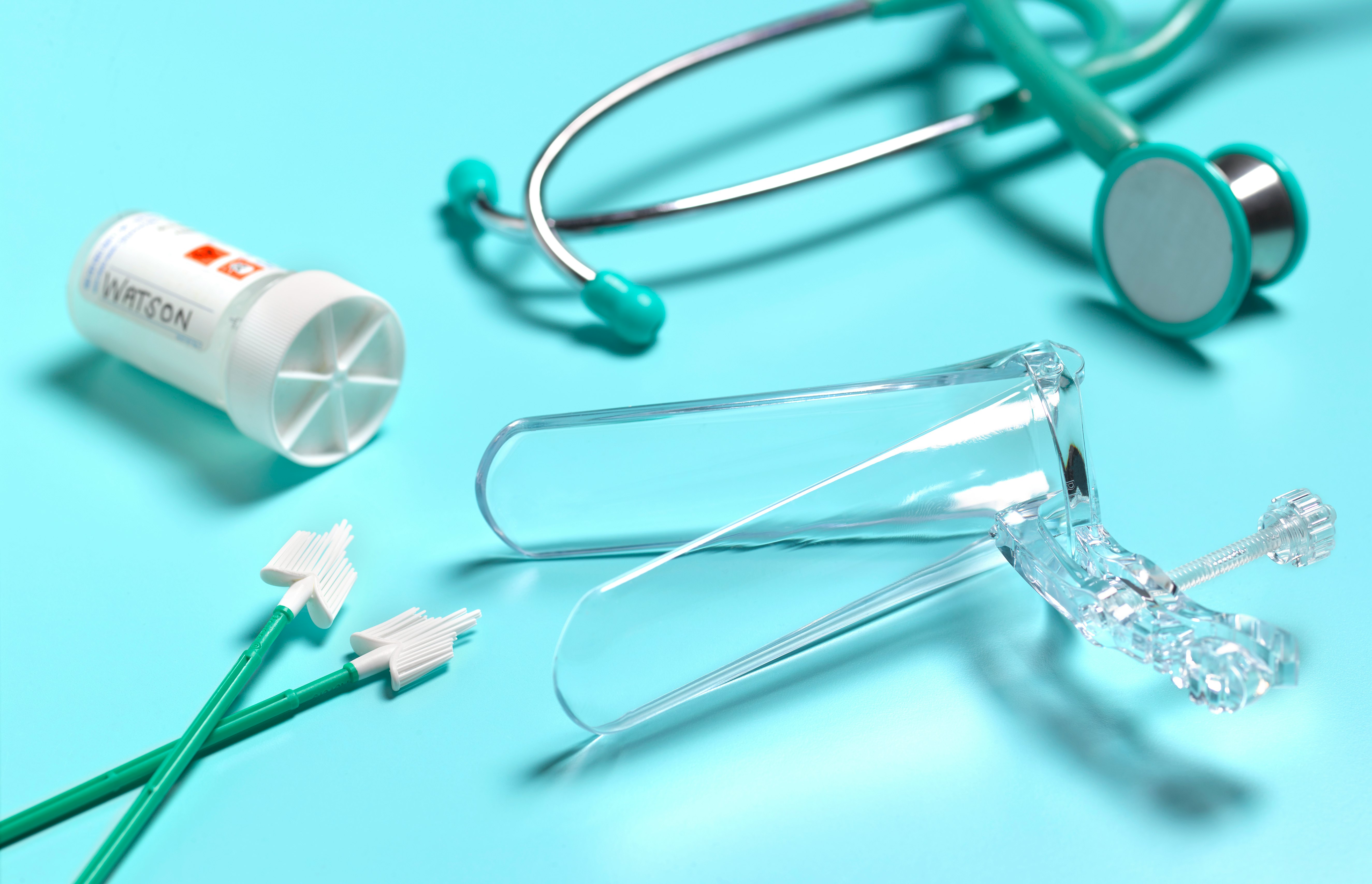
The Pap smear is an unfortunate combination of discomfort and necessity. But soon, it might get a little easier.
The medical procedure involves collecting cells from the vaginal wall to test them for precancerous and cancerous cells, or human papillomavirus (HPV), which can lead to cervical cancer. But the test itself isn’t always the most pleasant, and for some it can be downright painful. Creating alternative options could significantly improve this crucial checkup’s accessibility and tolerability.
A new self-administered test that could make this process more bearable and widespread is on the way. Back in May, the Food and Drug Administration approved primary HPV self-collection for cervical cancer screening in a health care setting, like a doctor’s office or clinic, from medical technology firm Becton, Dickinson, and Company (BD) as well as another from biotechnology company Roche. Today, the very first shipments of this test from BD are on route to doctor’s offices and health care facilities. Roche’s tests will be available later this autumn.
Similar to a urine test, this process will permit patients to collect their own samples. Ideally, this new method will cut down on discomfort and encourage more people to test. According to the National Cancer Institute, people with a cervix should get a Pap smear every three years starting at age 21, and then every five years after age 30. The Centers for Disease Control report that every year in the United States, 11,500 new cervical cancer diagnoses arise and lead to 4,000 deaths. One study from 2011 in the Journal of Lower Genital Tract Disease estimates that about 50 percent of invasive cervical malignancies are diagnosed in those who have never been screened before.
“Despite the benefits of cervical cancer screening, not all women and people with a cervix get screened regularly,” Dr. William Dahut, chief scientific officer at the American Cancer Society, said in a press release when the FDA approved the tests in May. “Most cervical cancers are found in people who have never had a cervical cancer screening test or who have not had one recently. That’s why adding self-collection in a health-care center as a screening method for this potentially deadly disease can make a huge impact.”
With the advent of this test, hopefully more patients can comfortably screen themselves.







